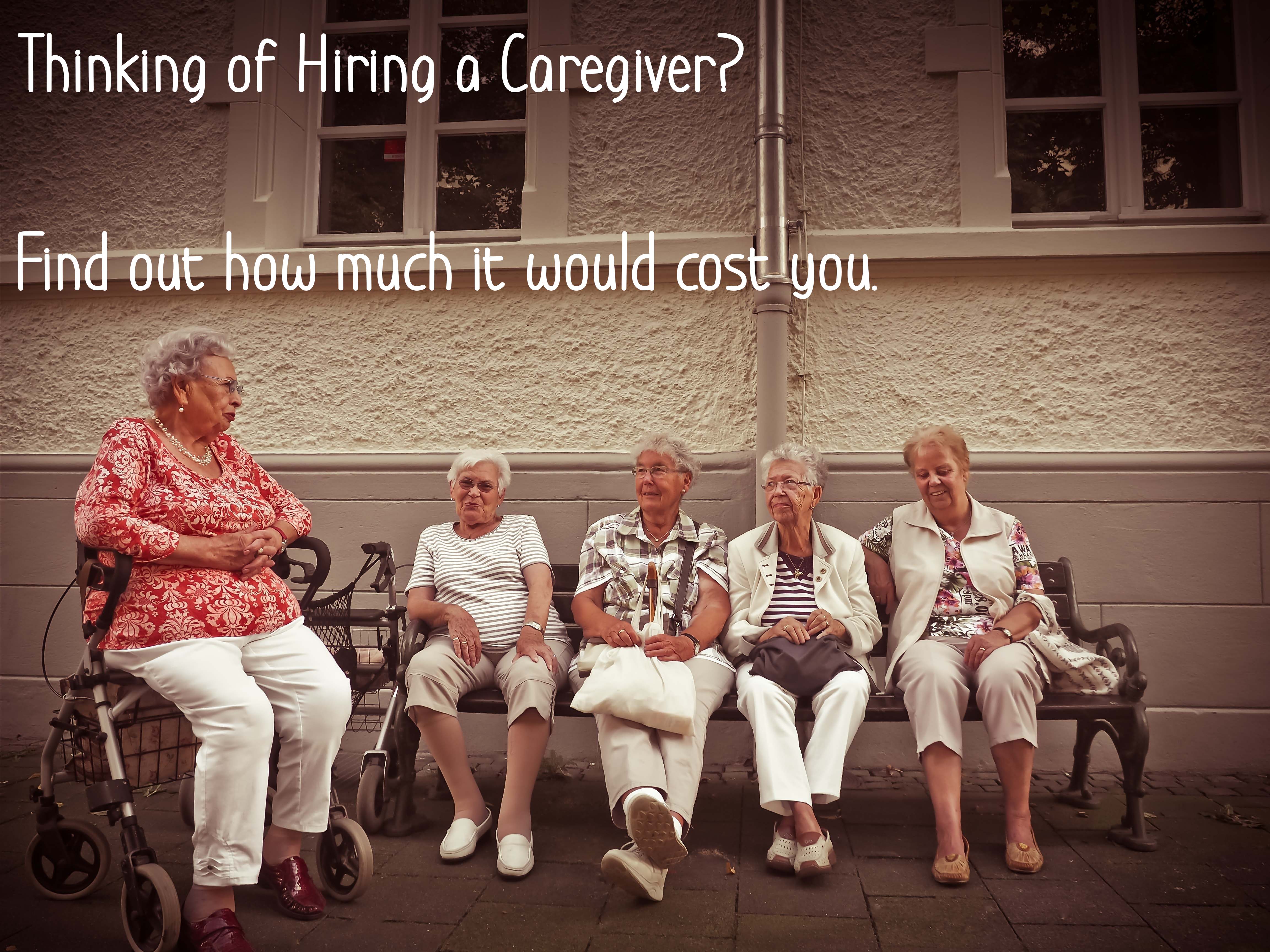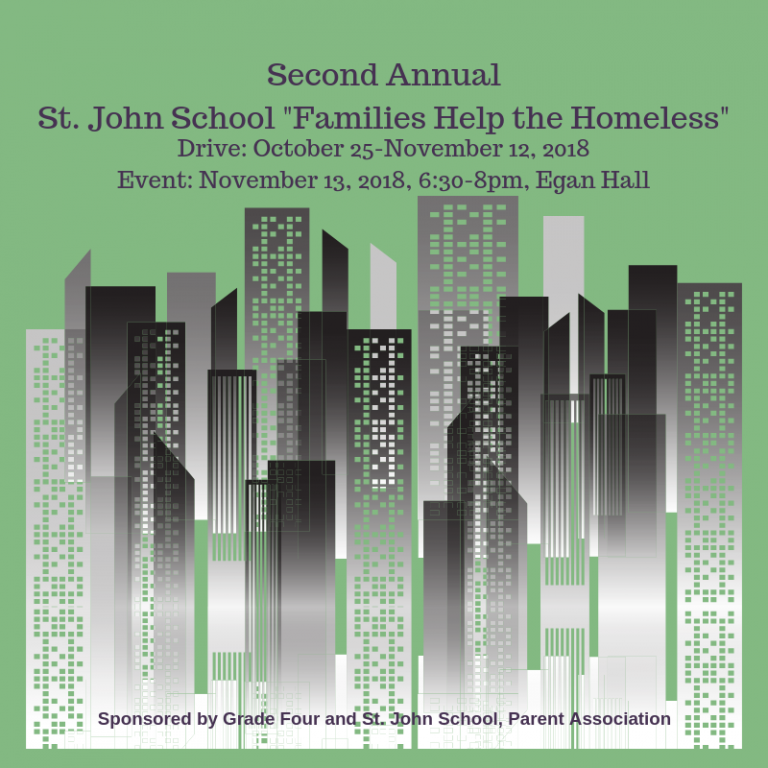How to Age Gracefully – Attitude is Everything

Young people’s stereotypes about their elders may contribute to health problems years later.
Younger adults who think of old people as helpless, feeble or forgetful are more likely to experience strokes, heart attacks and other health problems when they grow old themselves, researchers at Yale University report.
Their study, published in this month’s issue of Psychological Science, is the first to show that negative stereotypes of older people—developed early in life—have health consequences years later.
Using a standardized test for stereotypes, the researchers measured the attitudes held by 386 men and women ages 18 to 49 who were participating in the Baltimore Longitudinal Study of Aging.
Their health records were assessed by researchers 38 years later, and even after controlling for a number of factors—from family medical history to income and education—25 percent of those who agreed with the negative stereotypes of old age had suffered a heart problem or stroke, compared with only 13 percent of those who had positive views of aging.
Age stereotypes, which tend to be adopted in childhood and young adulthood, “carry over into old age and seem to have far-reaching effects,” says lead study author Becca R. Levy, associate professor of psychology at the Yale School of Public Health in New Haven, Conn.
The big question is, why? Researchers don’t know for sure, but Levy speculates that people who have negative attitudes about aging may give up on healthy behaviors, resigned to an old age plagued with mental and physical problems.
“This is a good, complex analysis that demonstrates negative stereotypes can affect our beliefs and behaviors and our health, even if we haven’t fully untangled the mechanisms of how they do so,” says Mary Lee Hummert, a professor of communications studies at the University of Kansas, Lawrence, who has done extensive research on age stereotypes but did not take part in this study.
The study, she says, “shows that negative stereotypes seem to have a significant, independent role in predicting the incidence of cardiac events. But we don’t know why.”
Still, she says, if the science shows that negative stereotypes play a role in health problems, “you might want to ask yourself if you have those views. The study might help sensitize us to the ways our unexamined beliefs might be influencing what we do or don’t do to keep healthy. It may be that by focusing on the positive aspects of aging we can help maintain our health.”
Source: AARP.org
- Tags: Aging Aging & Wellness News Studies
- Professional Medical














Comments 0